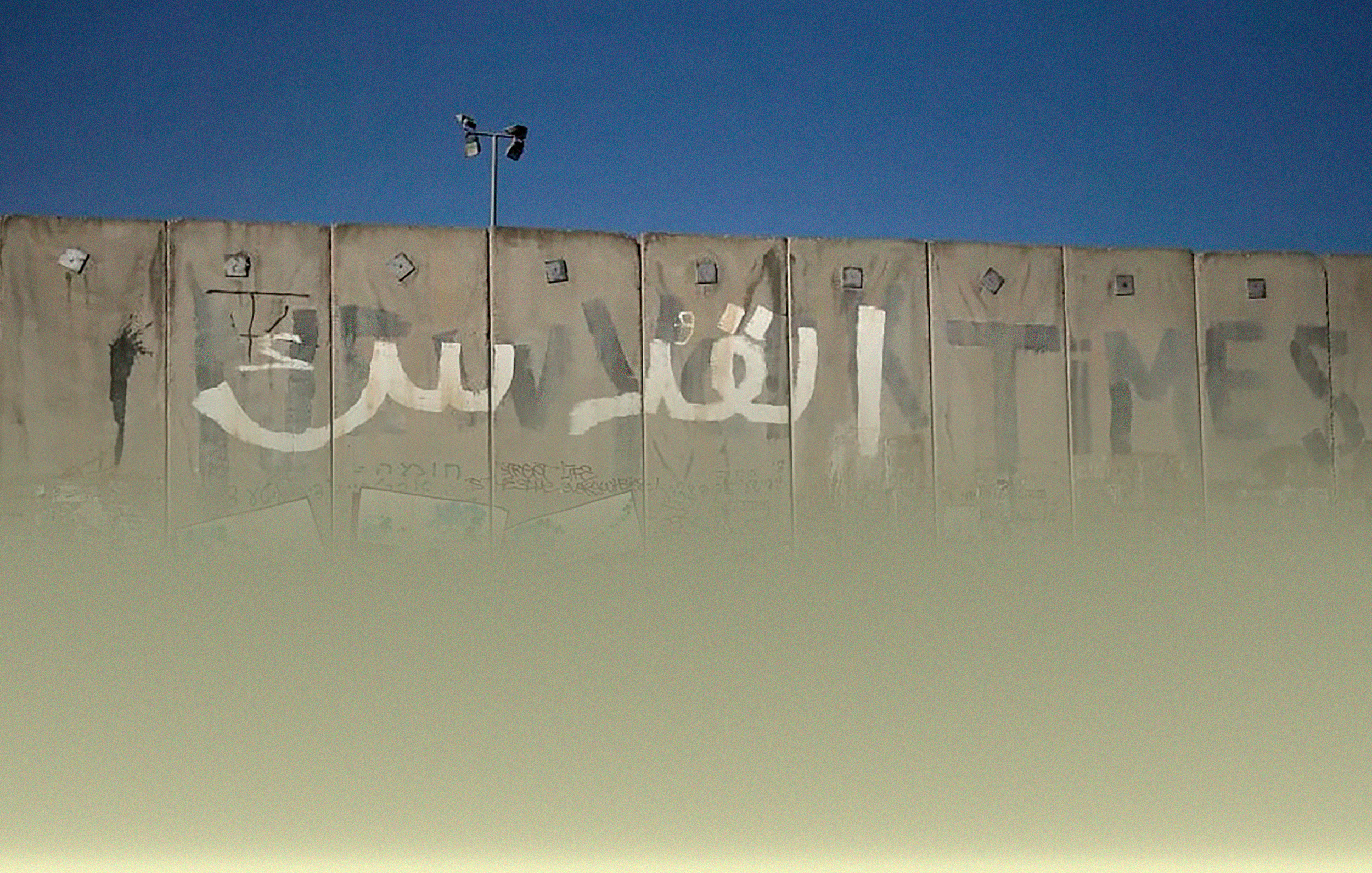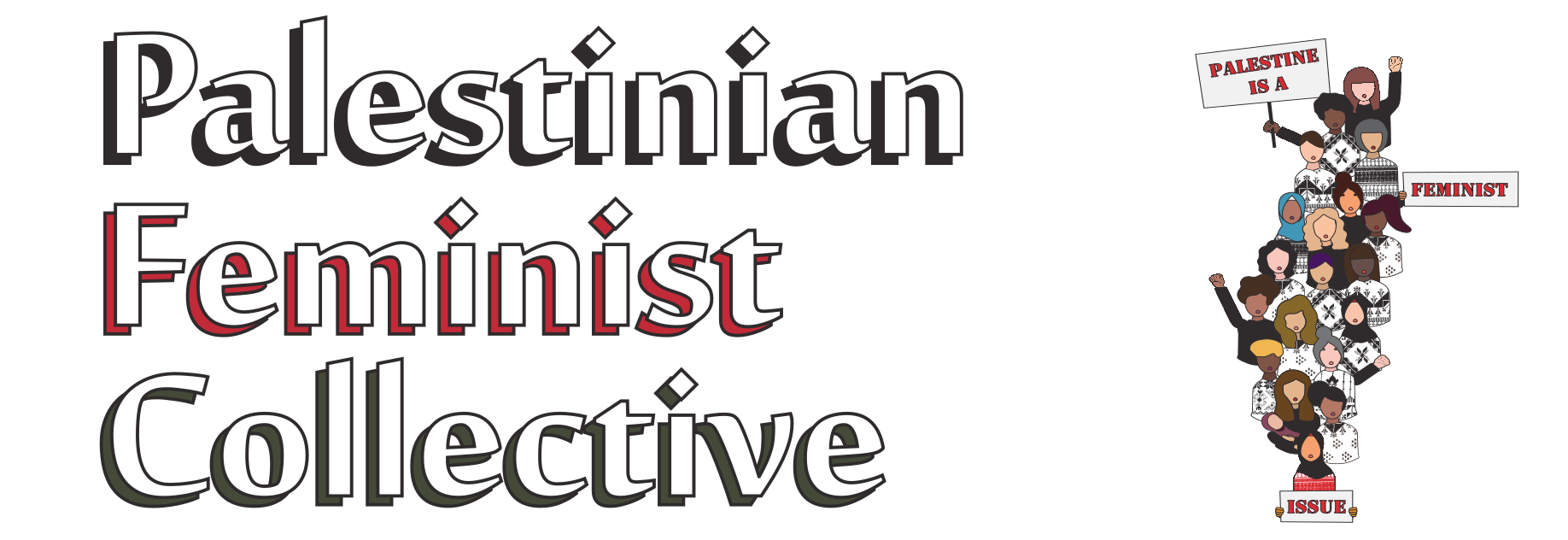
Hold The New York Times Accountable
Our Campaign
AS PALESTINIANS IN GAZA RETURN TO THEIR HOMES and take stock of the destruction Israel has wrought, it is our responsibility in the West to hold complicit institutions accountable for these crimes. The United Nations, Amnesty International, Doctors Without Borders, and the International Association of Genocide Scholars have named Israel’s two-year campaign of air strikes, ground invasion, and engineered famine a genocide. That designation should have been enough to spark a global wave of interventions aimed at halting the slaughter. Instead, for two years, the United States has operated as a key partner in Israel’s war, providing the weapons that enabled the genocide to continue.
American news media has been critical to maintaining the death machine. And there is no American media institution more influential than The New York Times. Editors and producers in newsrooms across the West take cues from its coverage, it uniquely shapes political consensus on U.S. foreign policy, and it is widely considered the “paper of record” in the United States. The politicians who vote to ship 500-pound bombs to Israel do not read emails from their constituents. They read the Times.
But the paper is not neutral when it comes to the genocide of the Palestinian people. In its coverage, its editorial standards, and its hiring practices, The New York Times has routinely collaborated with Israel. The paper has reprinted outright lies from Israeli officials while withholding or amending coverage at the behest of the Israeli consulate and pro-Israel lobby groups. It has directed its reporters to avoid terms like “slaughter” and “ethnic cleansing” to name Israel’s crimes, and to evade identifying “refugee camps” as their targets. Top executives, editors, and reporters at the Times maintain open ties to the Israeli occupation and to the Israel lobby in the U.S., while Arab and Muslim employees have been subjected to a “racially targeted witch hunt.”
Our campaign is simple. We refuse to allow The New York Times to revise its own history of support for genocide in the same way it has revised, elided, and whitewashed the history of Zionism since even before 1948. We demand that the Times take accountability, update its editorial standards, and mitigate the harm done to the Palestinian people. The paper’s editors must do their jobs and tell the truth about Israel’s genocide.
Our Demands
1) The newsroom must conduct a review of anti-Palestinian bias and produce new editorial standards for Palestine coverage. The Times must correct decades of biased, racist reportage on Palestine by reviewing and revising its style guide, methods of sourcing and citation, and its hiring practices. The paper must bar journalists who have served in the Israeli Occupation Forces from reporting on Israel’s wars and end the practice of printing information gathered through embeds with the Israeli military.
2) The newsroom must retract the widely debunked investigation “Screams Without Words.” In 2004 the Times’ public editor acknowledged the paper’s misreporting on alleged but actually non-existent “weapons of mass destruction” in Iraq, which helped drive the disastrous U.S. invasion. “Screams Without Words,” with its unevidenced claims of “weaponized sexual assault” on October 7th, was just as damaging. Its key researcher was fired for liking openly genocidal social media posts, its key witnesses have been discredited, and its subjects have come forward to deny its claims. The reporting failed to meet the Times’ own factchecking standards.
3) The Editorial Board must call for a U.S. arms embargo on Israel. Since the editorial board finally backed a ceasefire in January of 2025 — after more than a year of genocide — that position was adopted by a number of lawmakers and finally implemented this October. But Israel has proven that a ceasefire deal is insufficient to stop its destruction of Gaza. Only an arms embargo can deliver a lasting ceasefire. The U.S. must cut off the arms shipments that make Israel’s crimes possible, and the Times editorial board should use its significant influence to call for the end of American weapons transfers to Israel.
These demands are neither impossible nor unreasonable. The paper has updated its style guide in response to public and internal pressure before. In 1987, facing public criticism, it updated its style guide to allow writers to refer to “gay” people rather than “homosexuals” and later took stock of its scant and biased coverage of the AIDS crisis. The Times has also issued retractions. In the wake of the Iraq war, the Times catalogued the many unverified claims it repeated, pushed out the author responsible for some of its most egregious coverage, and apologized for printing biased commentary as fact. “The failure was not individual,” its public editor wrote, “but institutional.” The Times has also called for legislative action to limit arms sales, both nationally and internationally — including to Gulf states, South Sudan, China, and apartheid South Africa.










